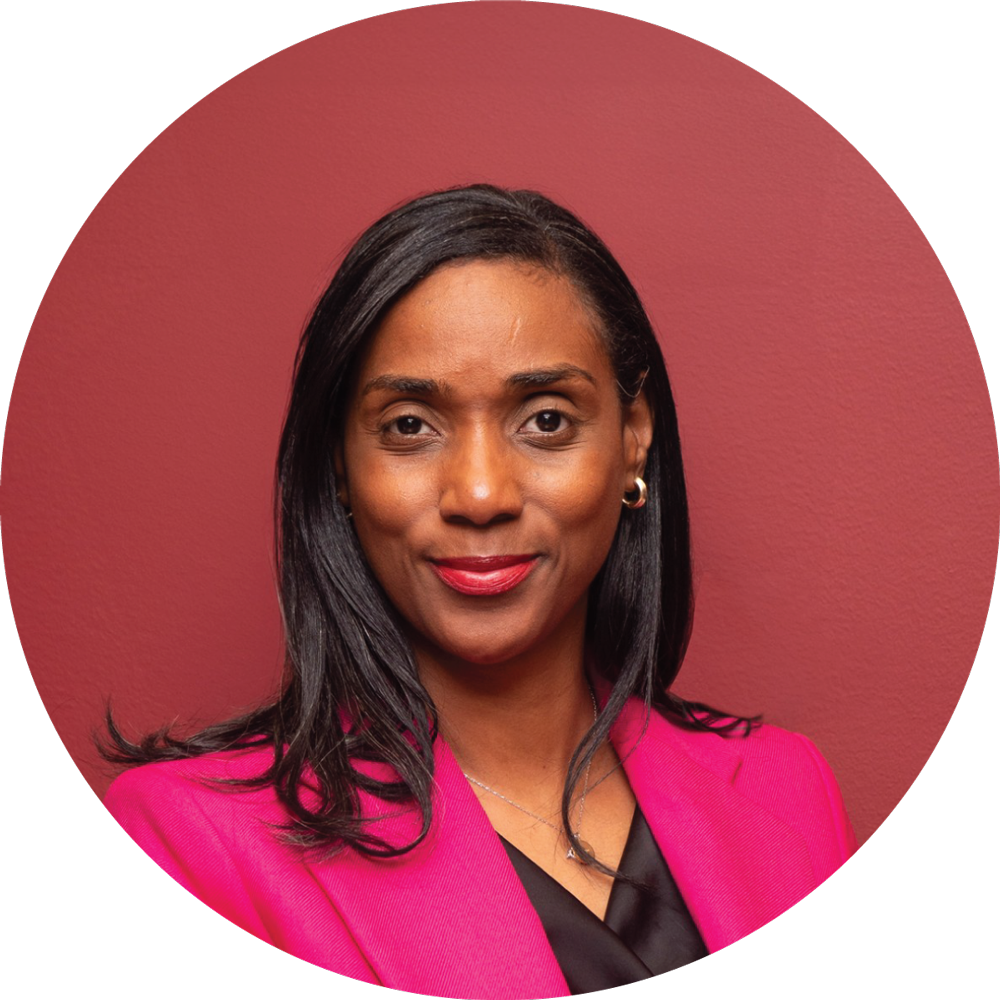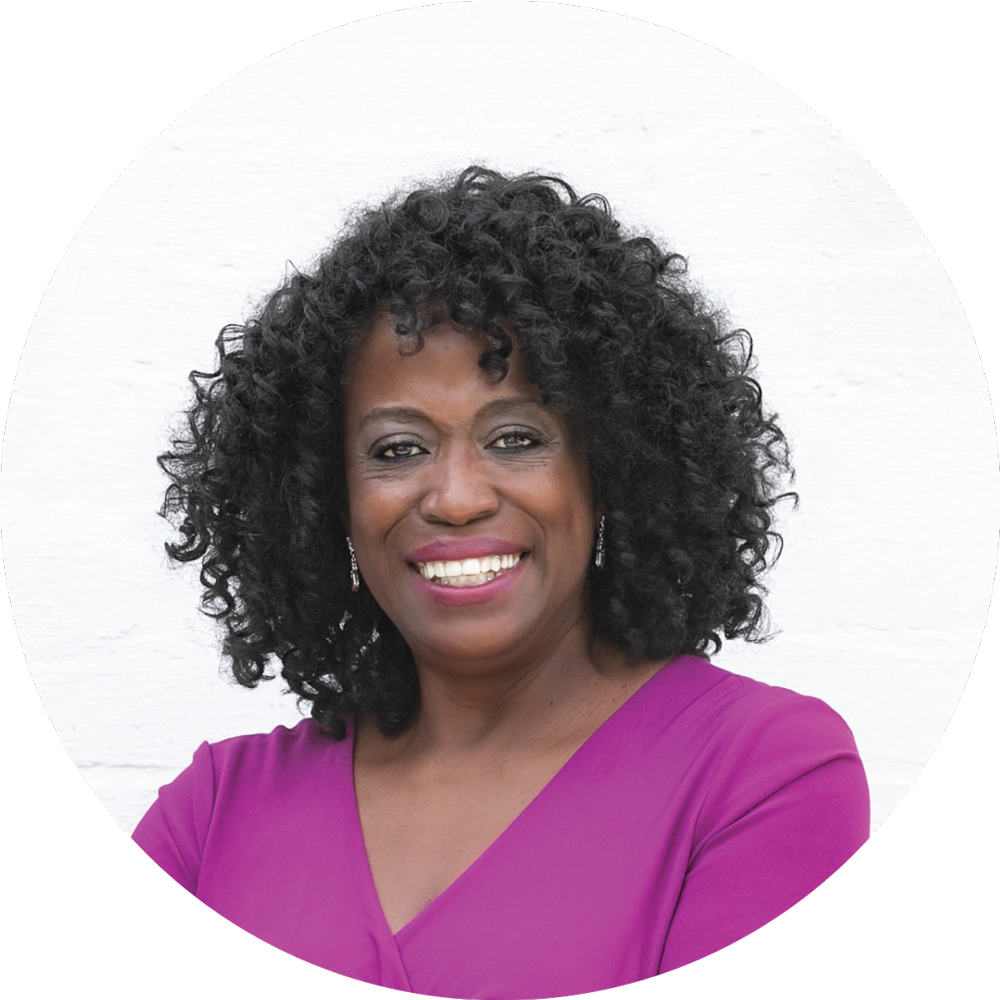
The Entrepreneurs Council: what entrepreneurs need to know about raising capital today
Speaking from their own experiences, members of the Entrepreneurs Council offer strategies to help entrepreneurs raise capital with confidence.
Q: How can a founder determine whether it would be better to take on debt or give up equity in the business to gain access to capital through angel investors, venture capital, private equity, a family office, etc.?
-
Focus on profitability – Arthur Souritzidis, Momentum Solar

Arthur Souritzidis, Momentum Solar "Most businesses in growth stages do not have the eligibility criteria to take on debt (cash flows/assets). If they did, they would suffer under the burden of having to service debt in today’s high interest rate environment. Similarly, equity transactions are difficult to come by for any company in a venture stage without being profoundly dilutive. Private equity firms and family offices have been similarly cautious while deploying capital and only do so at the expense of tremendous upside (heavily dilutive for founders).
Ideally, founders should work toward optimizing a business for profitability and capitalizing operations with free cash flows. This will likely be done at the expense of a steep growth rate — a worthy compromise compared to being unreasonably diluted or potentially drowning under the weight of unruly debt covenants.
When the capital market garners more certainty, you’ll have the ability to re-engage in a fundraising process with a business model that is focused on being lean and profitable, which both debt and equity investors ascribe more value to in this macroeconomic backdrop. Over the long term, founders will be sure to have created/retained more value in their businesses."
-
Balance business and personal needs – Gary Cooper, Palmetto Infusion

Gary Cooper, Palmetto Infusion "There are costs we often overlook when considering financing our companies, projects and enthusiasms — and these costs aren’t economic. I’m talking about the emotional toll on us, both personally and collectively. The anxiety, stress and expectations that accompany the finance rollercoaster take a much larger toll than we are all willing to admit.
Therefore, I suggest finding a way to strike a balance between what you need and what you want on a personal level. Seek a way to satisfy your business desires but not sacrifice your personal goals and joy in the process. Removing the strain of financing our companies allows us to focus on what is important, and that is the employees and the service or product we wish to provide or produce. This allows everyone to win."
Q: How does a founder protect his/her interests when considering a significant capital infusion or partial sale?
-
Prioritize voting rights and share control – Diana Lee, Constellation

Diana Lee, Constellation "A founder safeguards their interests through the possession of voting rights and a substantial number of shares. This ensures alignment and safeguards control, preventing the loss of board influence and offering protection. This process involves negotiation and the ownership of majority shares."
-
Treat potential investors like potential team members – Nick Green, Thrive Market

Nick Green, Thrive Market"When raising outside investment, many founders focus mostly or even entirely on the valuation of the round. But finding investors who are aligned with your vision of the company and believe in you as the leader to make it a reality is actually, in my experience, the most critical thing.
My advice to founders is to always get to know the people who are investing in your company. Interview them the way that you would a new executive team member: ask them hard questions; push them on why they want to invest in your company; make sure they are going to be staying at the firm that’s making the investment. Next, make sure you get to know them beyond work, the same way that you would a potential friend or even a spouse: go out for drinks; go on a hike; find out what they do in their free time. And finally, trust your gut. Your judgment here doesn’t need to be objective — ask yourself if you have chemistry with the person. In my experience, if the answer is yes, that sets the stage for building a real relationship with your investor, one where you will be able to engage with them on both the business needs and your own needs through the inevitable ups and downs. If the answer is anything less than an emphatic yes, it’s a red flag.
If you want to protect your interests with investors, the most important thing is to pick ones you can trust and build a real relationship with."
-
Align founder and business interests – Dennis Cail, Zirtue

Dennis Cail, Zirtue
"Current valuations are highly compressed, and there isn’t much founders can do to protect against dilution if they are raising money in this market. Don’t burn critical runway negotiating for something that isn’t there. Dilution can be solved for by scaling your business in a very meaningful way. Essentially, the founder’s interest should always be aligned with the company’s interest. There should be no space between the two. Ultimately, founders need to know your business value, know your personal worth, but be realistic and never wait until you need money to raise money."
Q: What is your best advice for raising capital and prioritizing potential investors in this economic environment?
-
Have a growth plan – Atif Siddiqi, Branch

Atif Siddiqi, Branch "Capital isn’t as readily deployed as it was just a year or two ago. We’re seeing a shift from growth at all costs to carving a path to profitability. Founders have to know exactly where they’re going to allocate the capital they’re asking for in order to grow.
That means building a strong business foundation and understanding their unit economics. Investors want to see that a founder doesn’t need to consistently raise capital to grow but has a proven way of scaling efficiently."
-
Pursue smart money – Mahesh Rajasekharan, Cleo

Mahesh Rajasekharan, Cleo "In today’s uncertain economic environment, most investment firms have set a high bar for underwriting qualification. They’re now considering only the highest-quality investments. Notwithstanding this challenging context, I still believe the company seeking financing holds the cards when it comes to raising capital. Entrepreneurs must articulate a clear value creation story, demonstrate and project consistent profitable growth, and prove these factors with compelling metrics.
Always remember you are choosing them just as they are choosing you. You want an investment partner whose company culture and core values fit with your own. Because it’s not just money you’re after, but smart money — money that comes with experience in your industry, know-how about your challenges, and demonstrable expertise that will prove mutually beneficial going forward."
-
Collaborate with peers – Jessica Johnson-Cope, Johnson Security Bureau, Inc.

Jessica Johnson-Cope, Johnson Security Bureau, Inc. "In the current economic environment, I encourage entrepreneurs to prioritize running and growing their businesses. As you build your business, don’t buy into the myths that you need to do everything on your own or that you need outside investment to be successful. Now is a great time to collaborate with peers who have shared or common goals and to co-invest in your growth opportunities together. You may find that you don’t really need an investment.
Lean into your trusted advisors, such as your bankers, tax team, accountants and fellow entrepreneurs, to identify viable sources for you and your situation. Then leverage your network to evaluate your fit with potential investors. Determine if there is a mutual level of trust and respect. Consider whether you want that investor to have a starring role in the success of your business."
-
Leverage supportive programs and information – Vickie Lewis, VMX International

Vickie Lewis, VMX International "When considering investors, I never felt like I was giving up equity. Rather, I viewed it as bringing more people to the party. And what’s not to love about a group of smart, driven and talented people coming together to help me “celebrate” something — in this case, a mission and a business — that I have always had full confidence in.
I am all about five P’s in my job: passion, purpose, product, our planet and, last but not least, people. So, I never lost sight of the fact that behind the PE firms, there were people who would be crucial to supporting us and bringing my idea to life in ways that I simply couldn’t. More people always means more — often better — ideas and a bigger shot at success."
Key takeaways: Navigating capital raising as an entrepreneur
Raising capital is a significant milestone for many entrepreneurs, but determining when and how to do so is vitally important. The investment landscape has shifted, moving from a focus on growth at all costs to increased emphasis on profitability. Entrepreneurs must adapt to this new reality, while also determining which type of fundraising best fits their ambitions and company culture. They also need to develop trust and transparency with investors so they can convey their vision and value proposition effectively — and successfully.
The Entrepreneurs Council provides diverse perspectives and advice to guide entrepreneurs in navigating the complexities of raising capital.
The views reflected in this article are the views of the individual entrepreneurs and do not necessarily reflect the views of Ernst & Young LLP or other members of the global EY organization.
